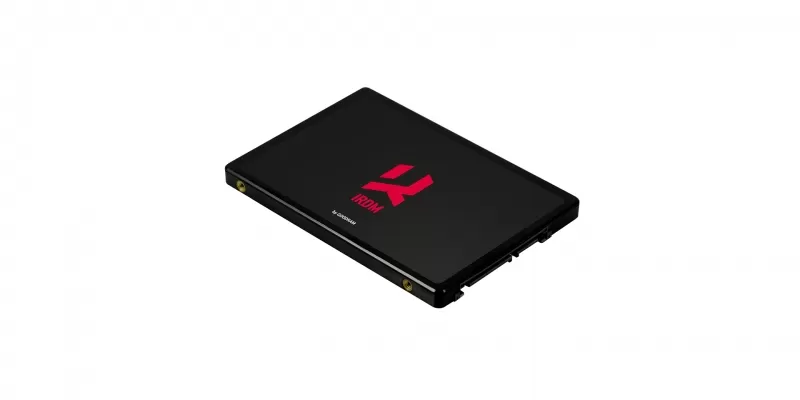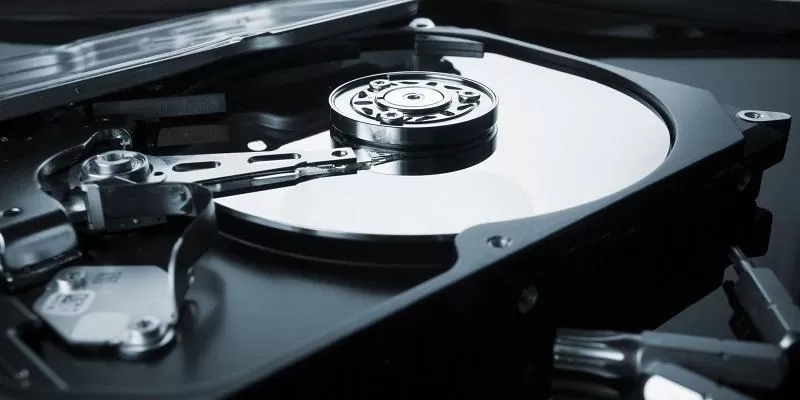Now, many laptops and desktops are equipped with an SSD drive on which the operating system is installed. Thanks to this, Windows loads in seconds, programs load instantly, and copying files from a USB flash drive takes very little time.
The SSD is really fast, and its high speed has a positive effect on the overall performance of the computer. And so many gamers are also switching from outdated HDDs to new, more “nimble” drives. But is it advisable?
Let’s figure out which drive is better for gaming — HDD or SSD.
Some arguments in favor of SSD

SSD drives are really fast. The read and write speed in some models exceeds the bandwidth of the SATA interface, so these drives are put on a PCIe cable via an m.2 connector. In computers with this configuration, booting the operating system after switching on takes 5–8 seconds!
And in computer games, this also finds its application.
Firstly, many games have a fairly fragmented structure. That is, they are in the form of a bunch of small files scattered throughout the hard drive. Such is, for example, World of Tanks, whose structure includes about 100$ separate libraries, catalogs and resources.
It’s a lot. And the computer during the gameplay needs to read them all! As a result, the HDD head jumps from one segment to another, the performance sags, the game starts to slow down … In general, it’s inconvenient. The SSD does not have this problem, because it works well with both large and small files.
Secondly, loading large resource packs from an SSD is faster than from an HDD. Levels, locations, places and so on load faster. And in the seamless gameplay mode, it will not be clear at all when exactly your character managed to run from one place in the game to a completely different one.
So, SSDs show three to four times faster loading levels than HDDs. Accordingly, you will have to admire the loading screen less. And e‑sportsmen and fans of multiplayer games will get additional benefits at all — they will have time to discuss or think over tactics while the enemy is just preparing to enter the level.
And finally, the third most important advantage — This is an increase in the stability of the FPS and the overall gameplay. Even if it seems that nothing is happening, the game still “pulls” information from the disk and processes it. And access to this data is desirable fast.
The amount of this data can be very large. Small objects and textures are loaded from the disk, such as foliage on trees and models of in-game animals. If they “pull up” quickly, the game will work stably. Slowly? That will be small FPS drawdowns. It is self-evident that SSD also outperforms HDD drives here.
In addition, an SSD is able to “pull out” an old computer or laptop. Due to its high speed, it can make full use of the so-called “paging file” — a backup storage for data from RAM. Therefore, a game that did not run on the HDD due to too high system requirements may “start” on the SSD. Let not very quickly and smoothly, even if not with high graphics settings, but it can.
It is worth noting that on powerful computers, an SSD drive will not increase the frame rate (FPS frequency), but it will make it more stable and help get rid of drawdowns.
And the last argument in favor of SSD drives is silence. This drive does not emit a single sound or squeak during operation, which can be very important for fans of quiet configurations.
Some arguments against SSD

Of course, an SSD is faster than an HDD, faster, more productive, and evens out the frame rate… but the main disadvantage of such drives is they are expensive.
No, not even that. For the price of a 120 GB m.2 SSD with high reliability and speed, you can buy a terabyte HDD, which will also be quite fast. And the problem is that 120 GB is not enough!
The average modern game like some kind of Metro Exodus takes up about 50 gigabytes of hard drive space. Plus, the Windows 10 operating system will “take away” 20 gigabytes. In total, there will be room on the SSD … well, maybe for one more game.
And what about users who have dozens of games in their library? Reinstall every time because there is not enough space? Or fork out for a more expensive SSD-drive, but also more capacious, when for the same money you could get a four-terabyte WD Blue…
SSD storage is really expensive. And in some cases, it’s unjustified. The high performance of this type of disk is revealed when they are connected to the PCIe bus. For example, through the m.2 connector. Old motherboards are simply not equipped with such, as a result, the drive has to be connected via SATA. Of course, with it the computer will still be faster, but not as much as we would like.
An SSD doesn’t provide much performance gain over an HDD in single player or co-op multiplayer games like Assassin’s Creed: Origins or Ghost Recon: Wildlands. However, he manifests himself in MMORPG or MOBA.
What is better to take for games — SSD or HDD?
Both! Organize a system of two disks. The SSD will store the operating system and desired multiplayer games, while the HDD will store single players and payloads (like a complete Quentin Tarantino movie collection).
It is advisable to purchase an SSD drive for a relatively weak computer on which you plan to play single-player projects. In this case, it will be possible to slightly raise the FPS, but you should not count on amazing results.
In general, an SSD drive is a useful purchase. But if you plan to play mainly single-player genres (RPGs, action games, strategies, and so on), then it’s better to take an HDD, and buy a more productive video card or a “faster” processor with the money saved.
Or — as mentioned earlier — the ideal option would be a bunch of 120–200 gigabyte SSDs and a terabyte HDD. Then both multiplayer battles and single players — everything will be fun.

Добавить комментарий
Для отправки комментария вам необходимо авторизоваться.